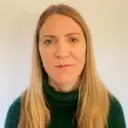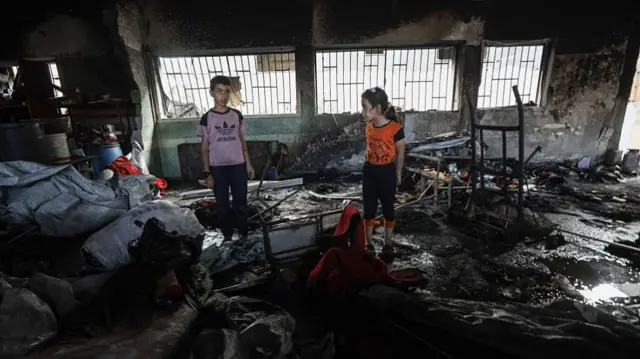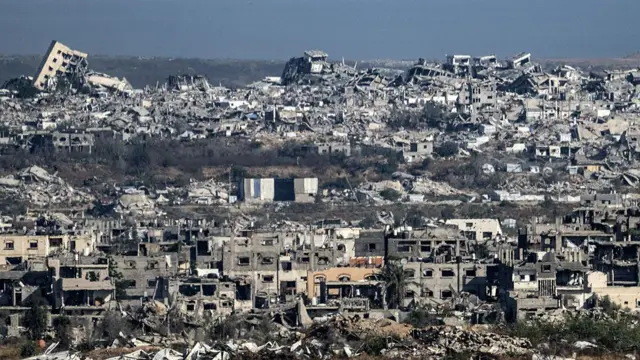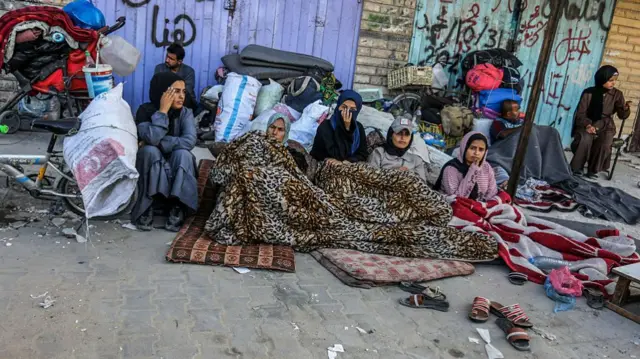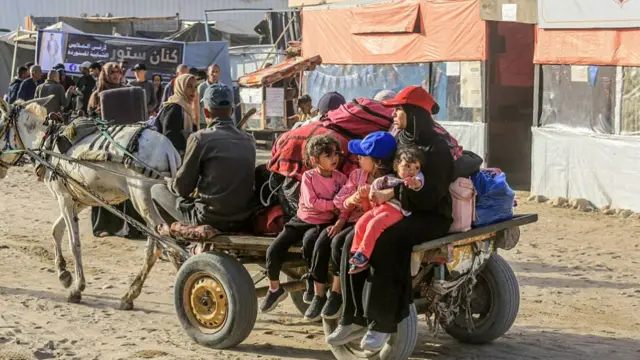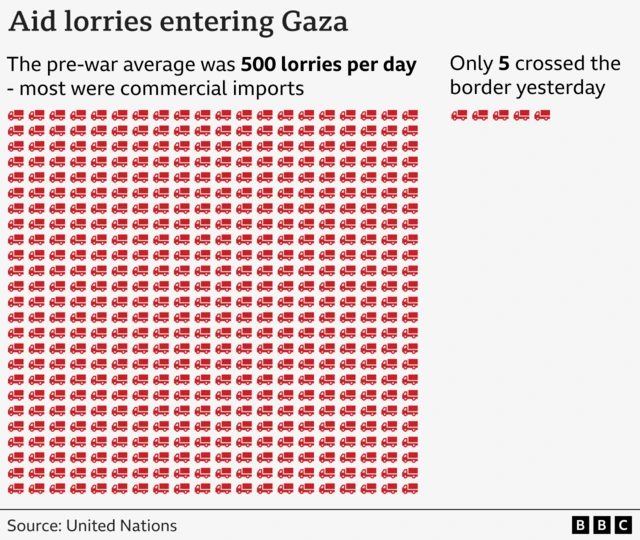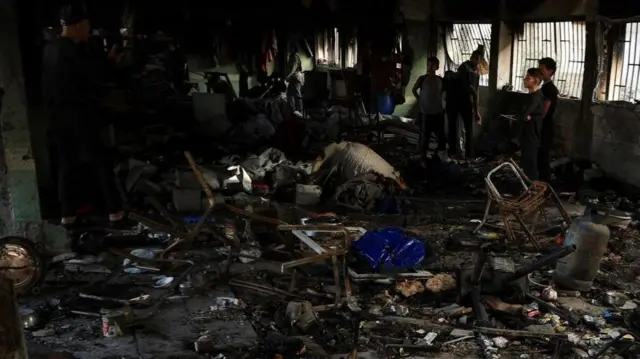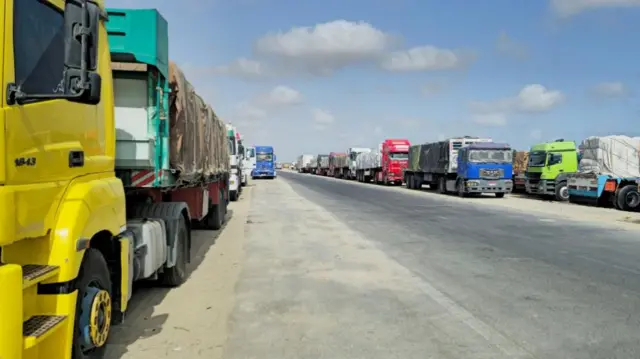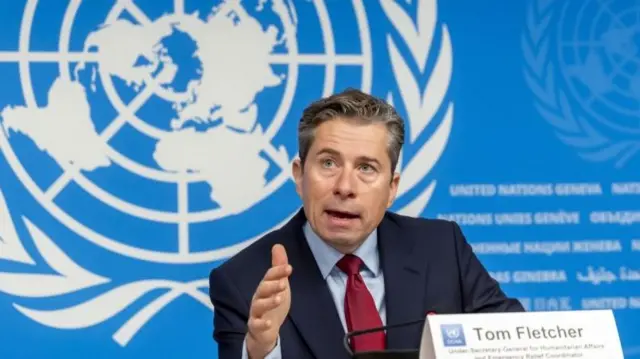'We cannot allow the people of Gaza to starve,' Starmer sayspublished at 12:50 BST 20 May
More now from UK Prime Minister Keir Starmer, who says the UK and their French and Canadian allies are “horrified by the escalation from Israel”.
Speaking in the House of Commons, he repeats the government’s demand for a ceasefire as the “only way to free the hostages” and says that humanitarian assistance to Gazans must be scaled up.
The prime minister adds that the amount of food allowed into the Strip by Israel in recent days has been “totally and utterly inadequate”.
“This war has gone on too long,” he says. "We cannot allow the people of Gaza to starve”.
